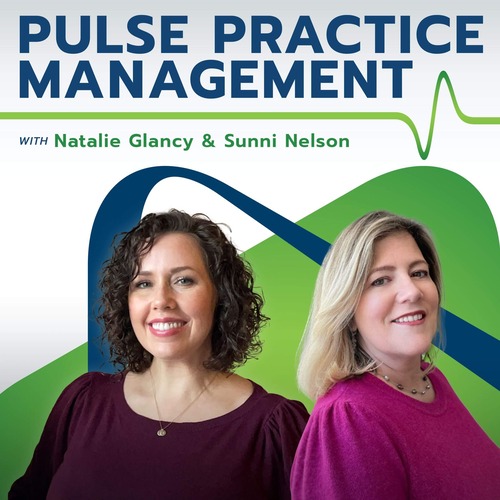- Is all of the insurance information for each patient gathered prior to the initial appointment?
- Are patient’s insurance cards checked and verified for eligibility during every visit?
- Is a full copayment collected for every patient at the time of service?
- Are all claims sent within 24 hours after each patient’s appointment? If an outside medical billing service is used, is there a way to confirm when charges are entered and claims are sent?
- In the event that a claim is denied, is the office manager and his or her staff able to quickly catch it?
- Is a payment report processed daily to verify that deposit totals for the day match the amount recorded?
- Are completed appointments that have a charge associated with them verified? This is especially important when the practice uses an EHR and a separate medical billing system.
- Is the amount of insurance payments that are received via EFT maximized? This must be measured to get EFTs to a certain percentage of insurance payments.
- Are denials handled in a timely manner? Many practices who do not take care of their denials quickly have a tough time catching up once they start falling behind.
- If you did not answer ‘yes” to all of these questions, you should consider hiring an outside service to help you manage your practice’s medical billing cycle and maximize your revenue stream. At Applied Medical
- Systems, we can help your healthcare practice improve its efficiency and effectively manage revenue cycles.
Optimize Medical Billing With Office Managers In Mind
by Applied Medical Systems
1

